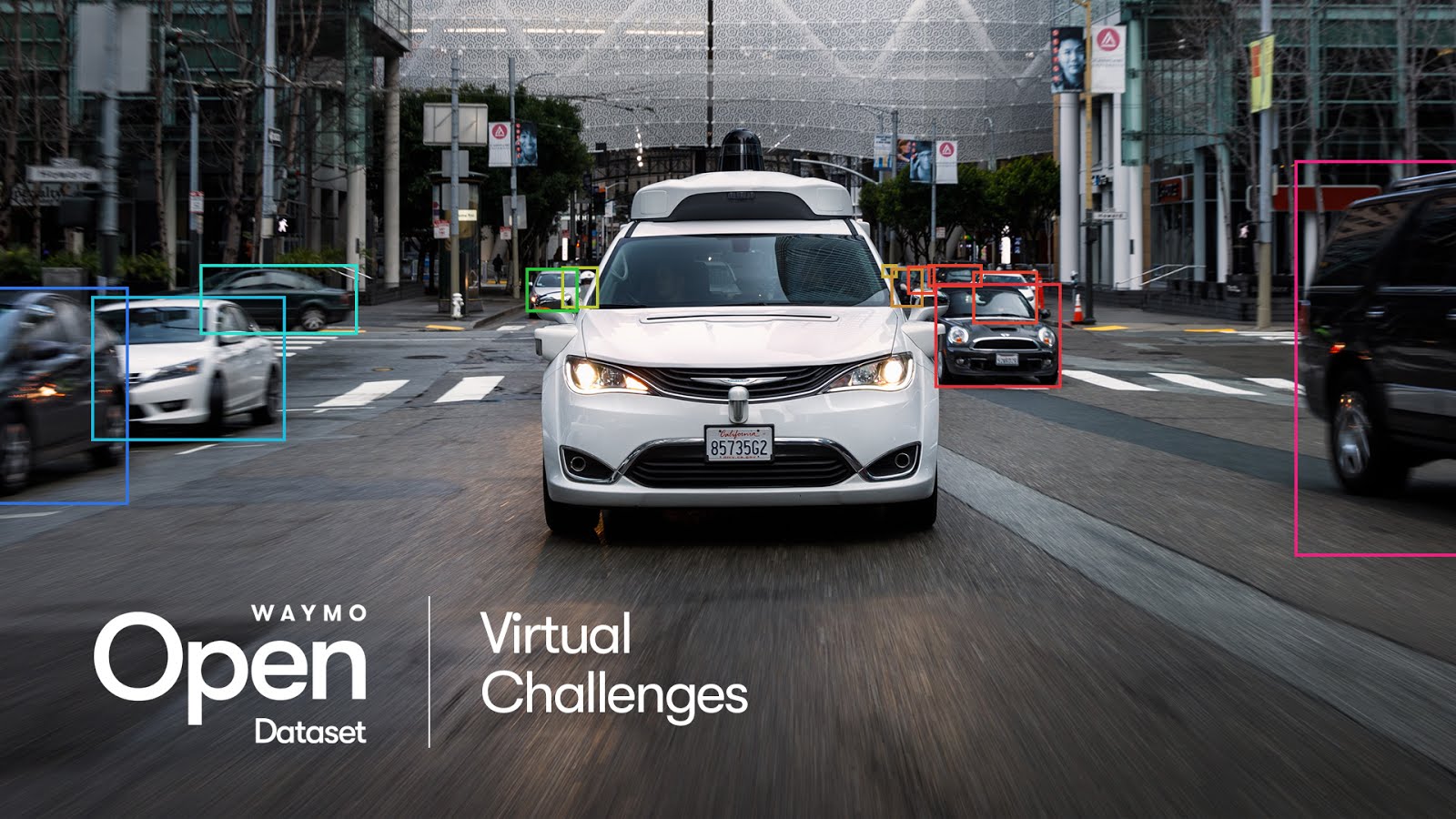Anthony Levandowski, the former Google engineer and serial entrepreneur who was at the center of a lawsuit between Uber and Waymo, has pleaded guilty to one count of stealing trade secrets while working at Google under a plea agreement reached with the U.S. District Attorney. While Levandowski still faces a possible prison sentence of between… Continue reading Anthony Levandowski pleads guilty to one count of trade secrets theft under plea deal
Tag: Waymo/Google
Announcing Waymo’s Open Dataset Virtual Challenges
Last August, we invited the research community to join us in accelerating self-driving technology with the release of one of the largest multi-sensor self-driving datasets available today. Even as COVID-19 continues to develop, we are committed to fostering an environment of innovation and learning – one that can continue to grow and thrive in our… Continue reading Announcing Waymo’s Open Dataset Virtual Challenges
Toyota taps startup Momenta to build HD road maps in China
HONG KONG — Toyota Motor has teamed up with Chinese autonomous driving startup Momenta to commercialize its high-definition mapping system in China. This is the second partnership Toyota has made with a China-based autonomous driving startup within the past 30 days. Last month, the Japanese carmaker led fundraising for Pony.ai with a $400 million investment.… Continue reading Toyota taps startup Momenta to build HD road maps in China
Coronavirus: Waymo is partially stopping its service
Waymo has severely restricted its service due to the corona virus pandemic. The pandemic with the infectious virus is a blessing and a blessing for autonomous driving. On the one hand, the business for Neolix in China, as the demand for self-driving delivery vehicles increased, because it did not allow contact with sick people. But… Continue reading Coronavirus: Waymo is partially stopping its service
Echodyne: intelligent radar for autonomous driving
Echodyne presents its intelligent radar system for autonomous driving. Similar to the lidar system, the Echodyne radar generates an image that is difficult to interpret for humans. But it gives the computer information about the environment. The radar is less susceptible to adverse weather and costs on average less than that Lidar sensor. Radar systems… Continue reading Echodyne: intelligent radar for autonomous driving
Waymo goes dark except for fully driverless rides
Sponsored Links REUTERS/Caitlin O’Hara Waymo is joining Uber and Lyft in curtailing its ride services to limit the spread of COVID-19, with a notable exception. The Alphabet-owned company has paused both Waymo One service with human overseers in Phoenix as well as its California self-driving tests in order to protect the “health and safety” of… Continue reading Waymo goes dark except for fully driverless rides
Federal regulators move to make room in safety standards for driver-less cars
CLOSE See how self-driving cars prepare for the real world inside a private testing facility owned by Google’s autonomous car company, Waymo. WASHINGTON — Federal regulators on Tuesday moved to make changes in some safety standards to help pave the way for driver-less vehicles. They could give companies trying to create autonomous vehicles more leeway when approaching… Continue reading Federal regulators move to make room in safety standards for driver-less cars
Waymo suspends robotaxi service except for its truly driverless vehicles
Waymo said Tuesday it is pausing operations of Waymo One, a service in the Phoenix area that allows the public to hail rides in self-driving vehicles with trained human safety operators behind the wheel, in in response to the COVID-19 pandemic. Waymo is also halting testing on public roads in California. However, Waymo will keep… Continue reading Waymo suspends robotaxi service except for its truly driverless vehicles
Waymo suspends robotaxi services with backup driver; fully automated rides to continue
(Refiles to clarify Waymo statement came on Tuesday, not Monday) March 17 (Reuters) – Waymo said on Tuesday it is temporarily suspending ride-hailing services in Phoenix that require a backup driver due to the coronavirus outbreak, but said fully automated robotaxi services would continue. Waymo, a unit of Alphabet Inc, added it was pausing self-driving… Continue reading Waymo suspends robotaxi services with backup driver; fully automated rides to continue
Waymo: cleaning of vehicles due to corona virus
Industry leader Waymo cleans its vehicles regularly because of the corona virus. The vehicles of the Robot taxi service Waymo One in Arizona are from the operator Waymo cleaned regularly and covered with disinfectant, so that you can get out the coronavirus and the service is maintained. Waymo vehicle in Chandler The cleaning is carried… Continue reading Waymo: cleaning of vehicles due to corona virus


